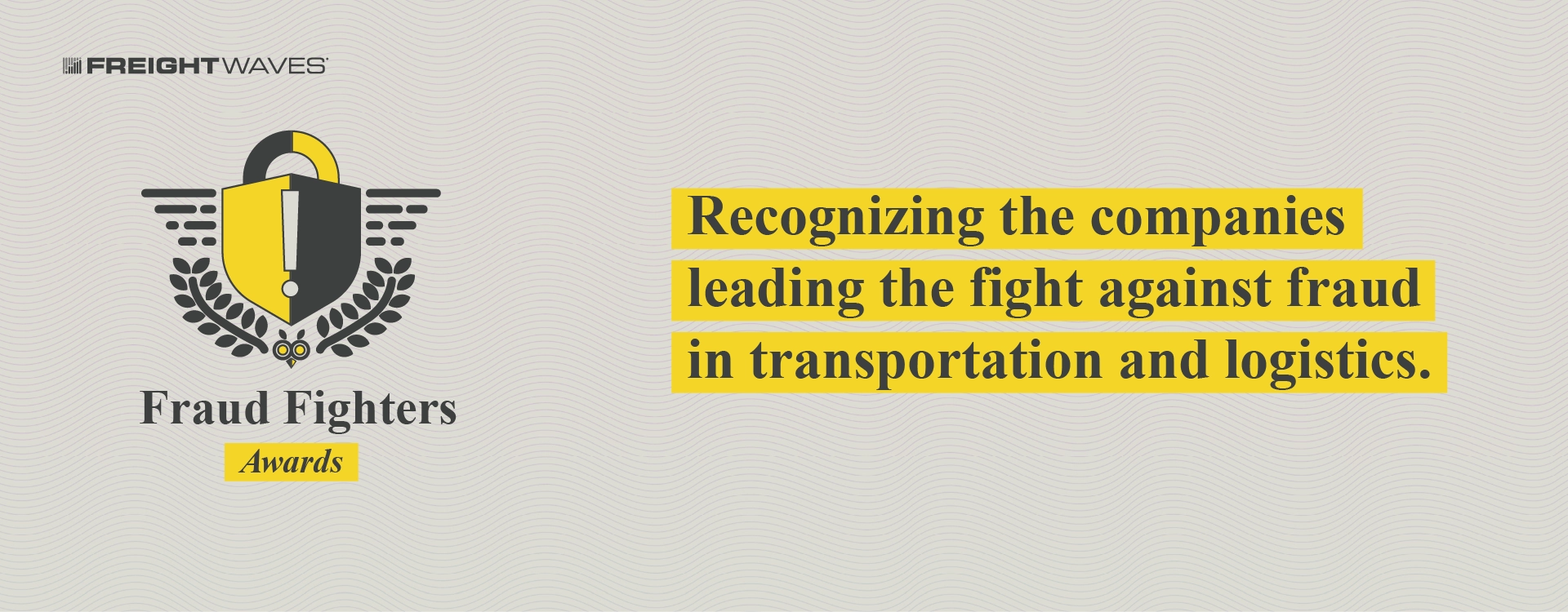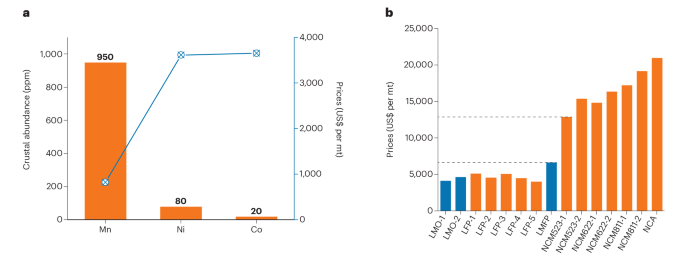Securing the voice layer: WireBee’s fight against freight fraud
Intelligence, security, and control for the inbound call process. The post Securing the voice layer: WireBee’s fight against freight fraud appeared first on FreightWaves.

In an industry where phone calls remain the dominant channel for booking freight, WireBee has emerged as a pioneer in protecting brokers from increasingly sophisticated fraud attempts. This AI-powered call automation platform, built specifically for freight brokers, brings intelligence, security, and control to the inbound call process—stopping fraudulent calls before a human even picks up the phone.
According to WireBee, the greatest threat in freight fraud today is “fraud moving to the voice layer—specifically caller ID spoofing, identity impersonation, and social engineering via inbound calls.” While the industry has made significant progress in vetting carriers at the transactional level, the phone call remains the most vulnerable—and most overlooked—point of entry.
Fraudsters are exploiting brokers’ reliance on voice communication by posing as trusted carriers, hijacking MC numbers, and slipping through during high-volume call spikes. “If we don’t protect the first point of contact, we risk everything that comes after,” WireBee states, highlighting the critical vulnerability in current brokerage operations.
WireBee answers and screens inbound carrier calls using voice-enabled AI agents. When a broker posts a load, they often face dozens or even hundreds of calls from carriers—many either unqualified or fraudulent. The platform’s AI collects key information, runs real-time checks against trusted compliance systems, and only passes qualified, verified callers through to human representatives.
WireBee’s system operates through a structured five-step process designed to screen and manage inbound calls effectively. Initially, loads are posted with phone numbers specifically assigned by WireBee. When a call comes in, the AI-powered platform engages in an automated conversation, collecting essential MC information, load references, and other pertinent data. This is followed by real-time validation, where the caller’s details are meticulously checked against various compliance tools and fraud detection databases to ensure accuracy and legitimacy. A sophisticated spoofing check then analyzes metadata and behavioral signals to detect any caller ID spoofing attempts. Finally, the result of these assessments determines the smart routing of the call. Depending on the validation and risk scores assessed, calls are either blocked, dropped, or forwarded to a human representative for further handling.
WireBee aims to combat several prevalent types of freight fraud that are both common and costly. Caller ID spoofing and impersonation are major issues addressed, with WireBee using advanced, patent-pending technology to identify suspicious behaviors that may arise even from seemingly legitimate numbers. Another threat is carrier identity theft and double brokering, where WireBee offers robust solutions through integrations with FMCSA, Descartes MyCarrierPortal, Highway, and FreightValidate, which affirm MC numbers, company names, authority status, and insurance validity in real-time. Additionally, WireBee’s AI automation shields brokers from engaging with fraudsters attempting phishing or information harvesting through cunning social engineering tactics. Through these comprehensive measures, WireBee provides a formidable defense against the evolving threats in freight fraud.
WireBee’s effectiveness in combating freight fraud is clearly reflected in the substantial improvements observed by its customers. The platform’s AI-driven capabilities have enabled businesses to automatically filter up to 70% of inbound calls before they even reach a human representative. This proactive screening identifies and blocks calls from unqualified or suspicious carriers, significantly reducing potential exposure to fraudulent activities. As a result, hundreds of spoofing attempts are identified and intercepted each week, safeguarding brokerages from the risks associated with carrier impersonation.
Moreover, the use of WireBee has expedited the connection time to qualified carriers by fourfold. This streamlined process minimizes the loss of opportunities that often result from engaging with fraudulent or low-quality calls. Impressively, since WireBee’s implementation, early adopters have reported zero successful fraud incidents, highlighting the platform’s robust defense mechanisms.
A compelling case study underscores WireBee’s impact: Pivot Supply Chain Solutions narrowly avoided a significant fraud incident thanks to WireBee’s vigilant call filtering. When a load was stolen from one of Pivot’s clients by a fraudulent carrier working with a different broker, Pivot utilized WireBee’s call history data to discover that the same impostor had attempted to contact them over ten times. Each attempt was thwarted by WireBee’s integration with MyCarrierPortal’s compliance screening, illustrating the platform’s crucial role in preemptively halting fraudulent interactions and identifying suspicious patterns.
These documented successes attest to WireBee’s capacity to effectively shield freight brokers from evolving threats, ensuring that brokers can prioritize their attention on building genuine, productive relationships with reputable carriers.
One powerful example came from WireBee’s customer, Pivot Supply Chain Solutions. According to WireBee, “One of their clients recently had a load stolen—while working with a different broker who was not using WireBee. After the incident, Pivot’s team searched WireBee’s call history and found that the same fraudulent carrier had attempted to call them over 10 times. Each attempt had been blocked because the carrier failed Pivot’s MyCarrierPortal (MCP) compliance screening in WireBee.”
This case demonstrated both the effectiveness of real-time call filtering in protecting clients and the value of the data captured by the system in helping brokers proactively identify suspicious patterns.
As one agency owner from a mid-sized freight brokerage testified: “WireBee has completely changed the way we handle inbound calls. Our reps now focus only on verified carriers, while the system filters out everything else. The integration with compliance tools is seamless, and we’ve saved countless hours—not to mention avoided some very risky interactions.”
Looking ahead, WireBee sees fraud becoming “more coordinated and more technical—especially in voice-based phishing and spoofing.” They expect bad actors to increasingly leverage automation, fake carrier networks, and AI tools to scale their operations.
WireBee offers clear advice to brokers: “Don’t wait for fraud to happen—build your defenses into your workflows.” The company emphasizes that the earlier you can validate a caller or detect something suspicious, the lower your risk. Their recommendation is to automate what can be automated while keeping humans in the loop where relationships and judgment matter.
“Don’t treat fraud prevention as a one-time setup,” WireBee advises. “It should be adaptive, continuously improved, and deeply integrated into the day-to-day tools your team already uses.”
WireBee is pioneering a new category in freight fraud prevention: voice-layer defense. By combining AI-powered voice automation with real-time carrier vetting and compliance intelligence, the platform offers an innovative blend of automation, security, and operational efficiency.
“It’s not just about keeping bad actors out—it’s about helping brokers focus on what matters: real carriers, real loads, real results,” WireBee states. In an industry where trust is paramount, WireBee’s mission to protect brokers “where fraud starts: at the first ring” represents a significant advancement in creating a safer, more resilient freight network.
The post Securing the voice layer: WireBee’s fight against freight fraud appeared first on FreightWaves.



















































































































































